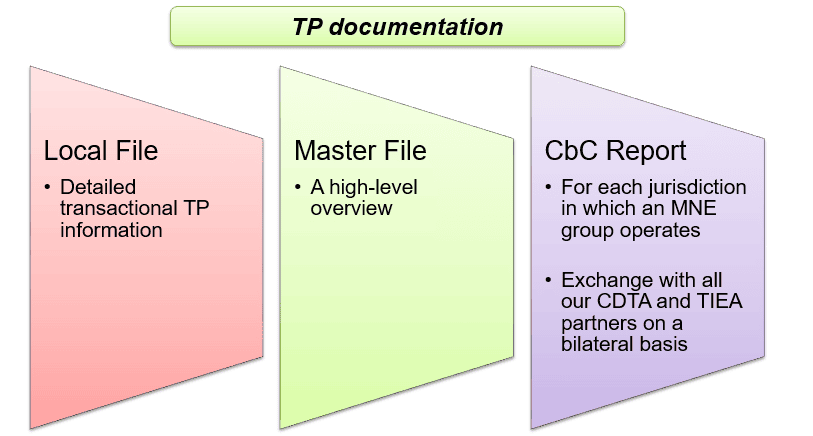
We are pleased to announce that OLN has again been highly ranked in Legal 500 Asia Pacific 2019 directory.
OLN has been recommended in the following 2 practice areas:
Hong Kong
- Intellectual Property
- Labour and Employment
The following lawyers are recommended in The Legal 500 Asia Pacific 2019 editorial (listed below)
Intellectual Property
- Stephan Chan
- Vera Sung
Labour and Employment
- Jade Tang
We are also happy to receive below excellent comment from the researchers, please see below:
Intellectual Property:
Led by Vera Sung, the IP team at independent Hong Kong firm Oldham, Li & Nie has strong ties with small and medium-sized enterprises as well as larger international businesses, and is active across a range of IP issues including trademarks, patents and copyrights. General litigator Stephen Chan regularly handles IP disputes, including his representation of Korean cosmetics brand Jayjun Cosmetic in a “squatting” case brought against a Hong Kong brand, alleging that it is trading under the name of “Jayjun” without due authority.
Labour and Employment:
Senior associate Jade Tang excels at handling M&A and transaction-based employment work, and recently provided Hong Kong law input advice to an international law firm that was instructed by the seller of a Hong Kong company to a Korean purchaser. Since the seller was still maintaining a minority interest in the company, the documentation had to ensure that its minority rights were protected and that the key employees’ interests were taken care of under the employment contract and the share option agreement.
 Suite 503, 5/F, St. George's Building, 2 Ice House Street, Central, Hong Kong
Suite 503, 5/F, St. George's Building, 2 Ice House Street, Central, Hong Kong +852 2868 0696
+852 2868 0696








